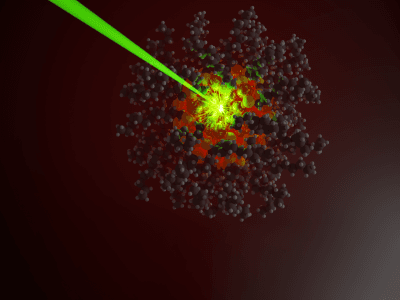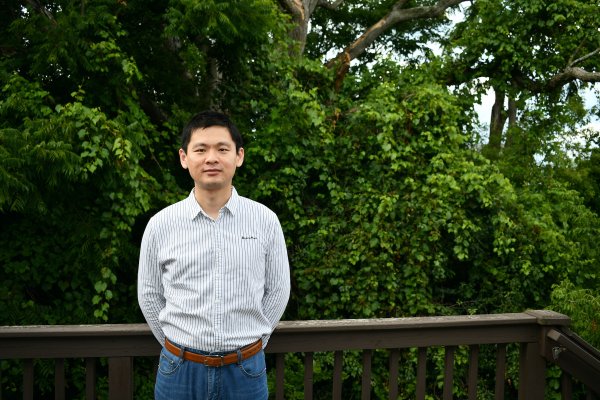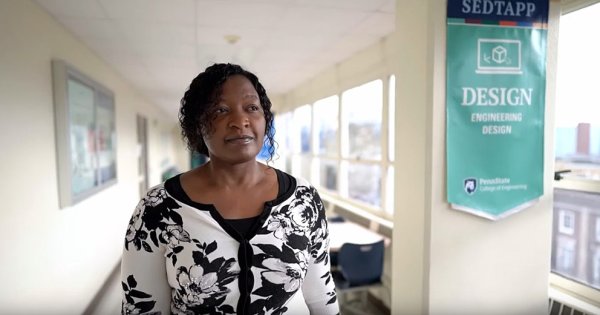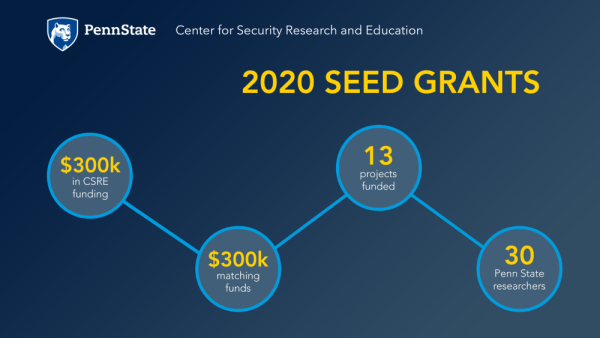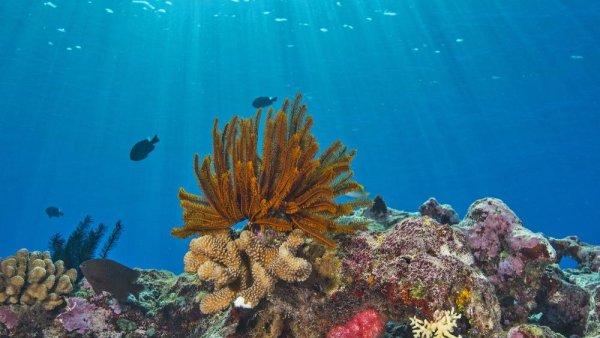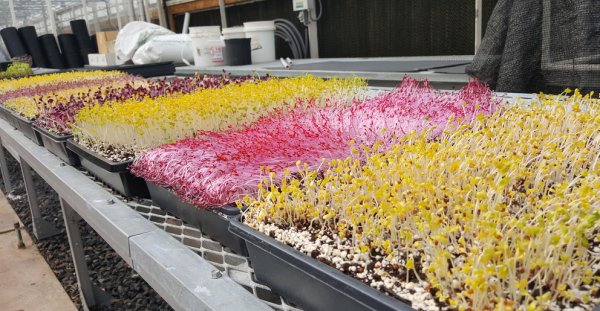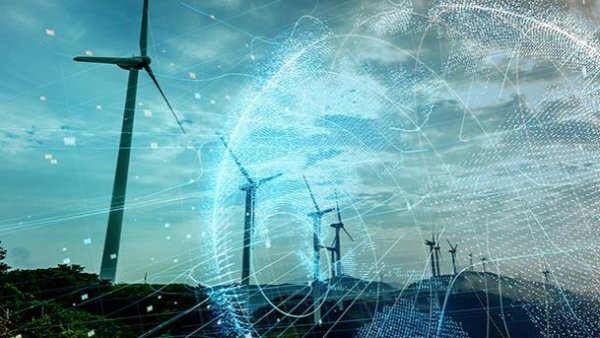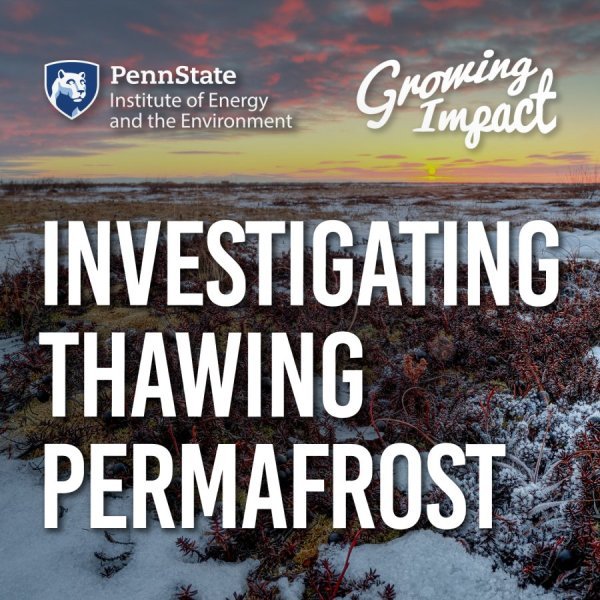Carefully allocated heat allows 3D printing with different kinds of polymers
| science.psu.edu
Heat is an instigator, in many cases speeding up chemical reactions. It’s why food is stored at cold temperatures to keep fresh. In manufacturing settings where speed is key, heating things up can increase efficiency, but sometimes the application of heat is not precise enough and can encourage unwanted reactions.
Professor joins mechanical engineering to advance clean energy
| news.psu.edu
In August, Linxiao Zhu will join the Penn State Department of Mechanical Engineering as an assistant professor and the John J. and Jean M. Brennan Clean Energy Early Career Professor.
Custom nanoparticle regresses tumors when exposed to light
| news.psu.edu
A team of Penn State researchers is collaborating on a potential new method to treat cancer by delivering a unique nanoparticle to a localized cancerous area in mice and activating the treatment through light exposure.
How Penn State is 'building' a healthier future
| news.psu.edu
For more than two decades, Esther Obonyo, associate professor of engineering design and architectural engineering and director of the Global Building Network, has served as a global expert on buildings.
'Land and Water Revisited' to livestream for premiere
| psu.edu
"Land and Water Revisited," a look back at a 1962 movie on the ecological impact of people in the Teotihuacan Valley outside of Mexico City, will live stream at 7 p.m. on July 24 on YouTube Live from the State Theatre. The film will be introduced by the producers and followed by a livestreamed, 45-minute question-and-answer session with collaborators and families from the original film.
Center for Security Research and Education announces seed grant awardees
| psu.edu
The Center for Security Research and Education (CSRE) has selected 13 interdisciplinary projects through its spring 2020 seed grant program. CSRE is providing a total of $300,000 in funding for the projects, with an additional $300,000 in matching and supplemental funding from other colleges, departments, and institutes.
Coral researchers recognized for significant contributions to field
| psu.edu
Iliana Baums and her research team were recognized by members of the coral reef community as making significant contributions to coral reef research.
Penn State and University of Auckland announce 2020 joint collaboration projects
| psu.edu
In late 2019, Penn State and the University of Auckland launched the Joint Collaboration Development Program, a jointly financed seed-fund program with the aim to foster collaborative research and educational projects. The Office of Global Programs has announced that eight projects have been funded and will officially commence in June.
Research team to study food resilience in the face of catastrophic global events
| news.psu.edu
In the midst of the COVID-19 pandemic, we have all become aware of how a global crisis can affect our access to food. But imagine the food security impacts of an even worse scenario — an all-out nuclear war, a large asteroid strike, or a supervolcano eruption.
Interdisciplinary team wins Department of Energy Optimization Challenge
| psu.edu
Uday Shanbhag and his team won (in the top ten) the Department of Energy's ARPA-E challenge
Industrial engineering receives funding to revolutionize PA manufacturing
| psu.edu
Five different groups industrial and manufacturing engineering got funding from the Pennsylvania government to help manufacturing industry partners.
Penn State promotions in academic rank, effective July 1, 2020
| psu.edu
The following is a list of academic promotions for tenured and tenure-line faculty members at Penn State, effective July 1.

